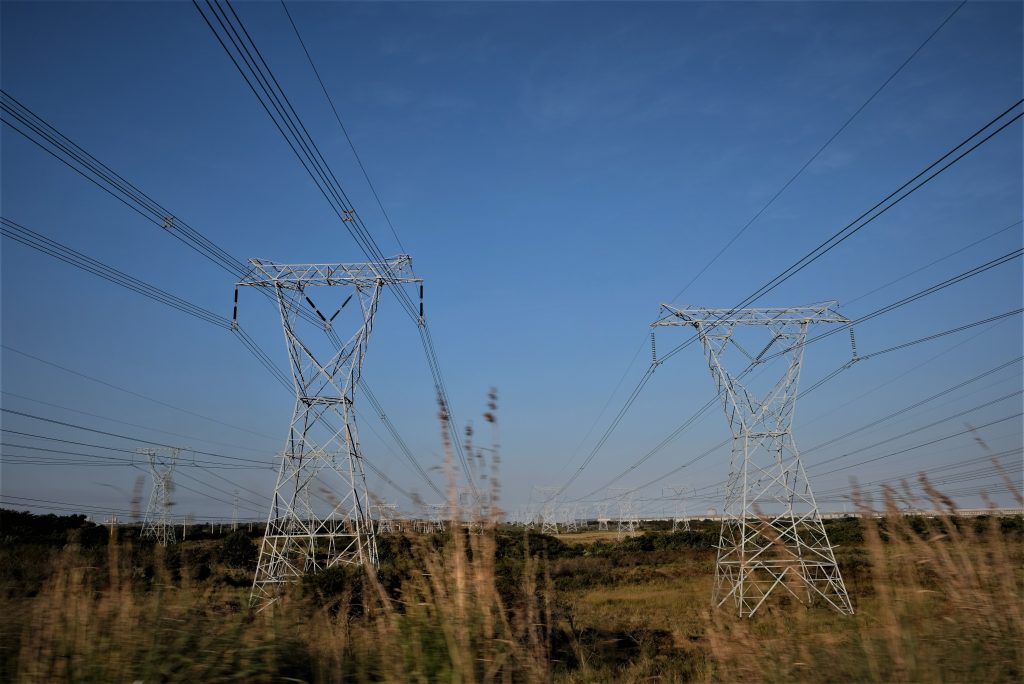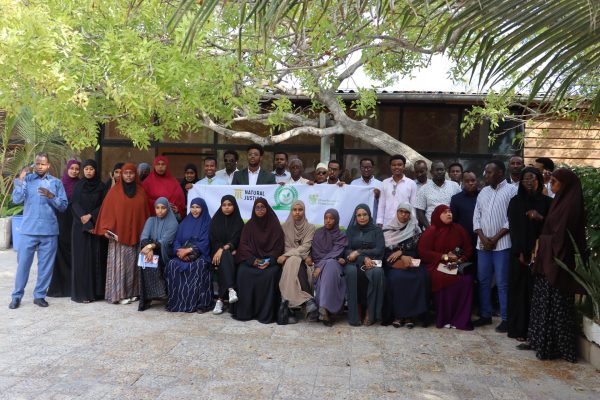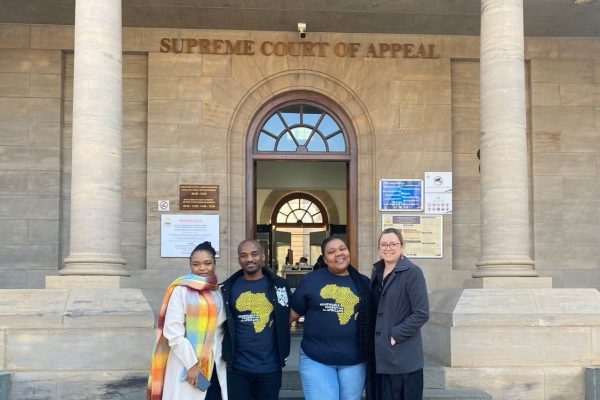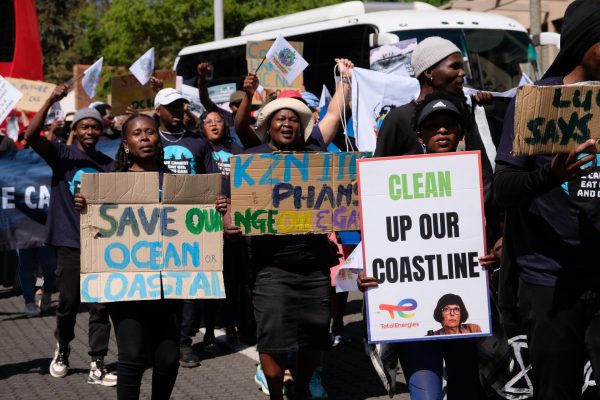Cape Town, 27 July 2022: The South Durban Community Environmental Alliance (SDCEA) and groundWork will be in the Pretoria High Court next week to ask the court to set aside the environmental authorisation granted to Eskom for the construction of a combined cycle power plant in Richards Bay. This landmark litigation marks the first time that a gas-to-power plant has been challenged in a court in South Africa.
SDCEA and groundWork are supported by Natural Justice and Green Connection, and represented by environmental law firm, Cullinan & Associates.
Eskom Holdings SOC, a state-owned enterprise, was granted environmental authorisation in December 2019, although construction on the project has not yet begun. The gas-to-power plant will be fuelled by gas via a pipeline that will be installed from the Richards Bay Port and will supply up to 3000MW of energy.
Grounds for review
In their court papers, SDCEA and groundWork have called for the environmental authorisation to be declared unlawful and set aside based on inadequacies within the Environmental Impact Assessment (EIA) and due to the public participation process that was undertaken being flawed.
In the Earthlife Africa judgment handed down in 2017, the Constitutional Court stated that climate change impacts must be assessed before issuing an environmental authorisation for a proposed project. In the current case, SDCEA and groundWork argue that there was an inadequate assessment of the climate change impacts of the project. Evidence shows that a gas power plant, such as the proposed plant, emits as many greenhouse gasses as other fossil fuels, like coal, during the entire life-cycle of a project.
The EIA failed to provide a sufficient analysis of the need and desirability of the gas-to-power plant. In fact, the applicants filed an expert report which found that combined cycle capacity is not needed in the next decade, and that 3000MW of combined cycle capacity would not be needed until 2041 at the earliest. Other studies have confirmed this *. Developing this project will lock South Africa into long-term fuel cost commitments, and this is neither needed nor desirable. The court papers also argue that the decision makers should have considered that renewable energy is an alternative fuel source.
The gas-to-power plant will be linked via a pipeline from the Richards Bay Port. The impact of this was not considered in the EIA, and hence it failed to consider the cumulative impacts of the pipeline, as well as the many other gas projects proposed in Richards Bay.
The public participation process for this development was flawed, as many communities were excluded from the public participation process. These included traditional communities in surrounding rural areas. The information about the project was also advertised exclusively in English despite the EIA Report itself recognising that 79% of the population of uMhlathuze Municipality, where Richards Bay is situated, speak isiZulu.
The case will be heard in the Pretoria High Court on 2 and 3 August 2022.
“Climate change is a present issue that many communities are facing, and the most vulnerable suffer. The April floods that took place in KwaZulu Natal, are clear evidence of this. A gas-to-power plant in Richards Bay will exacerbate climate change and lock South Africa into fossil fuel development that undermines what was signed in Glasgow and in terms of the Paris Accord, which is the need to move away from fossil fuels and dirty fuel. Eskom’s actions will impact severely on the present and future generations.” – Desmond D’Sa, South Durban Community Environmental Alliance (SDCEA)
“Large-scale gas-to-power plants do not make sense. Growing evidence and research show that gas is not needed in our energy transition away from coal. Investment in such gas projects is costly and detrimental to South Africa’s economy, people, livelihoods and the environment. Forcing in gas will displace renewable energy development, raise the cost of electricity, expose us to volatile gas prices and increase pollution, global warming and climate vulnerability. The burning of fossil fuels has no place in our energy future.” – Avena Jacklin, groundWork (Friends of the Earth South Africa)
“Not only does the environmental authorisation for this power plant ignore the reality of the climate crisis, but it also fails to comply with numerous laws and regulations designed to protect South Africans’ rights to public participation, reasonable administrative action, and an environment which is not harmful to our health and well-being. In authorising the project, decision-makers relied on incomplete information, overlooked a deeply flawed public participation process, and failed to consider key information, such as climate change impacts and renewable energy alternatives. Had the decision-maker considered all legally required information, the conclusion would be clear: this power plant is unnecessary, undesirable, and uneconomical.” Delme Cupido (Southern Africa Hub Director, Natural Justice)
[ENDS]
*A recent report by Meridian Economics confirms this lack of need for gas-to-power capacity, finding that large-scale gas-to-power projects, such as this proposed power plant, are not economical and that gas power – even for peaking purposes – is not currently and may never be economical or necessary. Read more: A load of hot air – gas-fired power generation for South Africa is an expensive dead-end street
Further reading:







